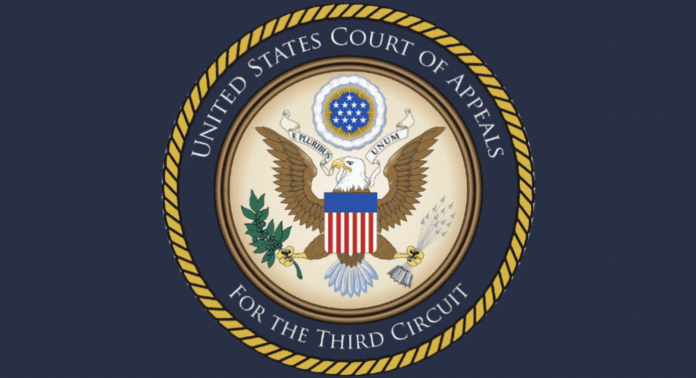
A court docket case in Philadelphia involving a person who misplaced his Second Modification rights eternally over a DUI is starting to warmth up.
Following a trial in 2005, Edward Williams was convicted of driving beneath the affect in Pennsylvania. Since he had a earlier expunged DUI, the 2005 conviction certified as a first-degree misdemeanor, punishable in Pennsylvania by as much as 5 years’ imprisonment.
Williams was by no means imprisoned, nonetheless, however was positioned beneath home arrest for 90 days, ordered to pay prices and a high quality of $1,500, and to finish any beneficial drug and alcohol remedy beneath the necessary minimal sentence.
As a result of he had been convicted of a “crime punishable by imprisonment for a time period exceeding one yr,” federal legislation dictated that Williams may not buy or personal a firearm. That resulted within the case Williams v. Garland, which challenges the legislation that locations a lifetime gun ban on some non-violent offenders.
Earlier this month, the Firearms Coverage Coalition (FPC), which is supporting the lawsuit, filed a short within the case, which FPC President Brandon Combs defined fairly matter-of-factly.
“The federal Authorities’s immoral ban is unconstitutional and has no historic foundation,” Combs mentioned. “We are going to proceed to work to get rid of this and different gun management legal guidelines that separate individuals from their rights.”
All through the transient, the FPC highlighted how the Supreme Courtroom’s 2022 Bruen ruling made clear {that a} firearm regulation could be upheld provided that the federal government demonstrates that it didn’t hurt the particular person’s Second Modification rights and is in keeping with our nation’s historic custom of firearm regulation.
“Prohibiting Williams from possessing a firearm consequent to a conviction for DUI is a transparent violation of his Second Modification protected proper to maintain and bear arms, as such prohibition is inconsistent with any longstanding custom of firearms regulation in america,” the transient acknowledged. “It’s settled legislation that the assure of the Second Modification consists of ‘the person proper to own and carry weapons in case of confrontation (Heller).’”
The transient additional acknowledged: “On this matter, the Authorities has did not establish any longstanding historic regulation sufficiently analogous to justify the applying of the firearms prohibition in 18 U.S.C. § 922(g)(1) to a person convicted of DUI. As a substitute, the federal government urges this Courtroom to seek out within the historic file a sweeping proposition that legislatures could disarm any people who’ve ‘dedicated critical crimes’ or who they imagine ‘would endanger themselves or others’ in the event that they possessed firearms… It additionally fails to offer any proof to contradict this Courtroom’s acknowledgement that the earliest federal laws prohibiting possession of firearms by criminals ‘utilized solely to violent criminals.’”
The case is scheduled to be heard by america Courtroom of Appeals for the third Circuit.





















